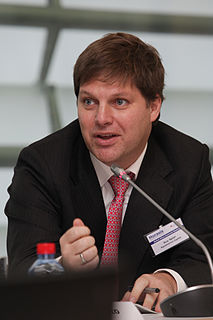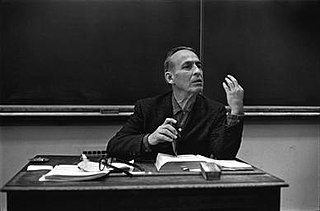A Quote by Karl Popper
The belief in a political Utopia is especially dangerous. This is possibly connected with the fact that the search for a better world, like the investigation of our environment, is (if I am correct) one of the oldest and most important of all the instincts.
Related Quotes
Yet even in the loneliness of the canyon I knew there were others like me who had brothers they did not understand but wanted to help. We are probably those referred to as "our brother's keepers," possessed of one of the oldest and possible one of the most futile and certainly one of the most haunting instincts. It will not let us go.
Our aims in political activism are not, and should not be, to create a perfect utopia. What we seek is more simply to improve the quality of human life while at the same time respecting the natural environment which sustains it: 'Not a heaven on earth but a better earth on earth.' This is not at all a timid agenda, far from it. The work ahead of us is enormous!
Historically the belief in heaven and the belief in utopia are like compensatory buckets in a well: when one goes down the other comes up. When the classic religions decayed, communistic agitation rose in Athens (430 B.C.), and revolution began in Rome (133 B.C.); when these movements failed, resurrection faiths succeeded, culminating in Christianity; when, in our eighteenth century, Christian belief weakened, communism reappeared. In this perspective the future of religion is secure.








































